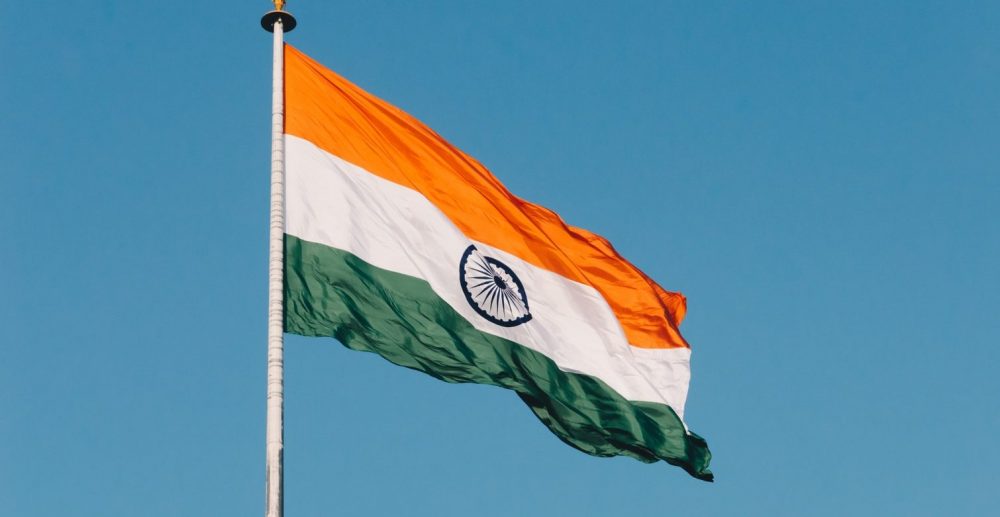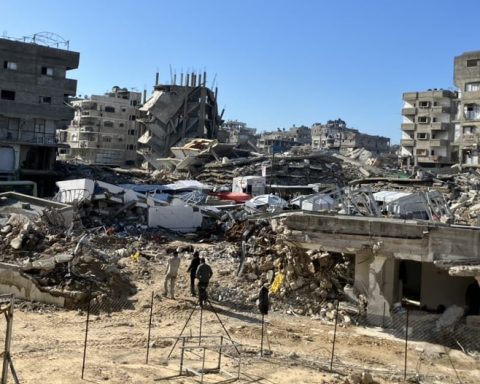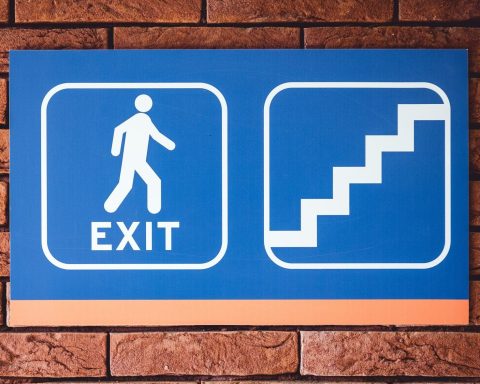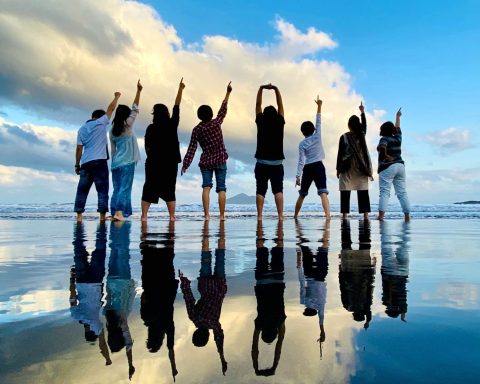Sonali Kinra is a sessional GP, GP Retention lead Nottinghamshire ICS, RCGP Council Member, Clinical Associate Primary care NHS England And Improvement. She is on Twitter: @SonaliKinra
Harpreet Sood is a GP, Non Executive Director, Health Education England and a Trustee, South Asian Health Foundation. He is on Twitter: @hssood
Narveshwar Sinha is a GP Partner and Clinical Director, Primary Care Network.
Heart-rending scenes of the Covid-19 pandemic ripped through the soul of India during the second wave earlier this year. All of us will have seen and heard the distressing scenes of healthcare facilities being overwhelmed, with lack of oxygen, ventilators, beds and medicines.
With close friends and family in India, personally, it felt as if we were, once again, reliving the second wave of the pandemic that we recently saw in the UK, only separated by time and distance. This time it felt even worse, exacerbated by burnout and running low on personal resilience, and a sense of helplessness, too far yet too close to home.
Speaking with colleagues, united by the emotional experience as well as sense of responsibility, it was heartening to see how colleagues swiftly came together, with suggestions of how to respond and provide support. An example was the South Asian Health Foundation producing a 10 point plan to support the Covid-19 Crisis in India.
This time it felt even worse, exacerbated by burnout …. and a sense of helplessness
1. In Collaboration with the South Asian Health Foundation (SAHF), The Academy Health Science Network (AHSN), Royal College of Physicians, King’s Health Partners, Association of Physicians of India and All India Institute of Medical Sciences (AIIMS) and partners, we organised a series of webinars on various topics to share learning, knowledge and insights from the NHS second wave response. Topics to date have included Covid Oximetry at Home & Remote Management, Hospital and ICU Management of COVID-19, Mental Wellbeing & Prevention and Diagnosis and Early Management of COVID-19. These webinars have become platform for sharing knowledge, and will lay the foundation for future collaboration. A total of seven webinars took place with keen interaction from colleagues across India and the UK. These event recordings may be viewed here.
2. We have provided peer to peer support and resources via network groups, set up for colleagues across India and UK.
3. We have built networks with charities on the ground and raised the profile of charities supporting India through networks in the UK such as:
Oxygen for India – British Asian Trust
BAPIO: British Association of Physicians of Indian Origin
Virgin Money Giving: APNA NHS COVID-19 INDIA APPEAL
4. We have provided input into proposal by NHS England for the Indian High Commission on remote monitoring and management.
5. We have organised and participated in the informal Q and A webinars being held with the lay public in India through personal networks to raise awareness on prevention and vaccination.
Discussions were also held with the GMC, RCGP and Medical Defence Organisations, in order to provide remote telephone support and consultations. Unfortunately challenges around indemnity, regulation and GDPR have prevented concrete steps forward. Hopefully things will change and this may lay the foundation for collaboration in the future.
There have been some great examples of leadership in various states within India. We also applaud the courage and determination of volunteer projects providing on ground support and tackling vaccine hesitancy. However, with a population of almost 1.4 billion, there is much more ground to cover.
No one is safe until everyone is safe.
Feelings of despair still take over as to whether the help, support and guidance provided have been good enough. Have they made any tangible difference on the ground or was it self-serving, addressing the guilt and the emotional burden that we are forever carrying?
Please use the opportunity to check in with your colleagues who are facing ongoing pandemic challenges with their family and friends in different parts of the world; in India, Pakistan, Bangladesh, Sri Lanka, Uganda, Indonesia, to name a few. These colleagues could be distressed and may have to take additional breaks to stay connected with home. Let us stand in solidarity and offer peer support where required.
Featured photo by Naveed Ahmed on Unsplash






